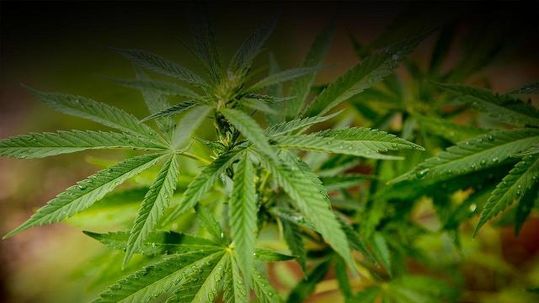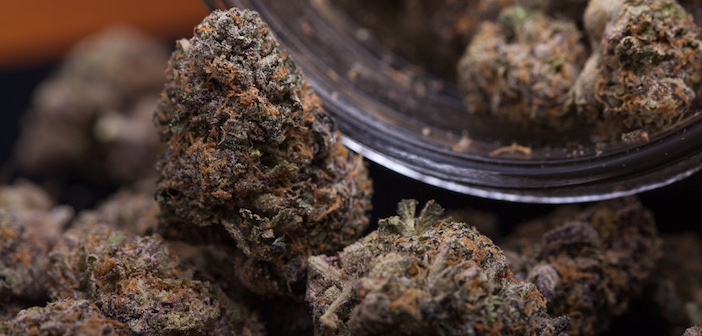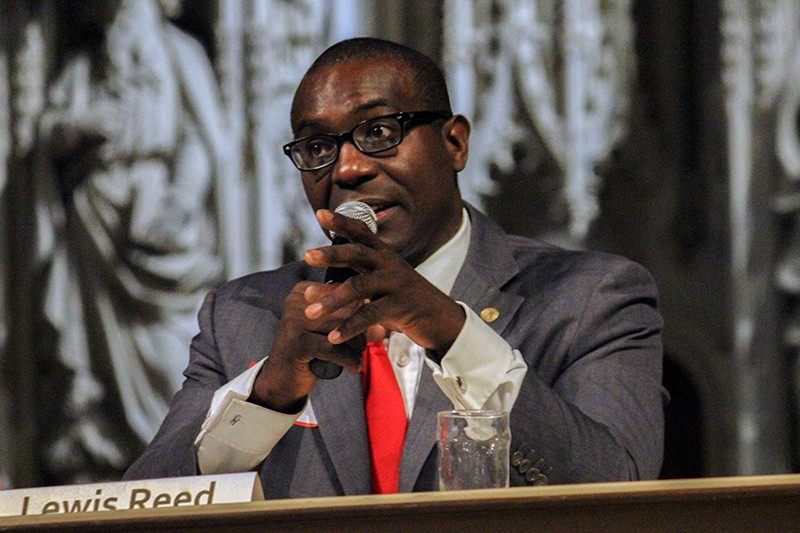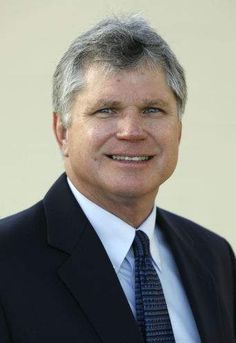Marijuana proponents in Missouri say the state is ready to legalize pot for medical purposes, but they weren’t as eager to support a blanket legalization of the plant.
And the Show-Me State can benefit from missing the hits taken by states like California and Colorado with more progressive drug laws, cannabis activists say.
Marijuana activists from across Missouri gathered at The Library Center in south Springfield on Saturday for the fall cannabis conference of the Missouri chapter of the National Organization for the Reform of Marijuana Laws, or NORML. Organizers said it was the first time Springfield had hosted the event, at least in recent memory.
Springfield has not been on the map recently for news related to marijuana legalization, at least not when compared to Kansas City, which reduced penalties related to marijuana in April, and to St. Louis, where a city alderwoman proposes legalizing the growth, possession and sale of marijuana.
The Kansas City vote was “a miracle,” said longtime Missouri marijuana organizer Dan Viets, a Columbia attorney who has worked for years to change state drug laws. He didn’t think the measure would pass and was shocked that it not only succeeded but did so with nearly 75 percent of the vote.
“Nobody gets 75 percent,” Viets said. “Motherhood and apple pie don’t get 75 percent.

NORML is working to pass an amendment to the Missouri Constitution to legalize marijuana for medical purposes. This initiative, known as New Approach Missouri, has gathered about 60,000 out of the necessary 170,000 valid signatures, organizers say.
This pales in comparison to the claims of a rival medical marijuana movement based in Springfield that worries New Approach Missouri.
While New Approach and Bradshaw seem to have similar goals, the two petitions have some fundamental differences.
New Approach would tax medical marijuana at 4 percent of the retail price and put the revenue toward health care services for veterans. The Bradshaw amendment would tax retail medical marijuana sales at 15 percent and put the money toward an independent medical research institute, which Bradshaw himself would oversee. Bradshaw’s ballot language also estimates that his proposal would generate about $66 million annually for Missouri in additional revenue.
The Springfield City Council voted in 2012 to lower marijuana penalties — like Kansas City just did, and similar to decriminalization ordinances in Columbia and St. Louis — but did so mainly to avoid a costly public vote and repealed the ordinance soon afterward, the News-Leader previously reported.
This wasn’t all bad, Bertrand said. “Cannabis became a subject you could talk about at the water cooler.”
During a question-and-answer session, several people implored state NORML leaders to support marijuana advocacy efforts in Mssouri’s rural areas, such as Stone and Taney counties.
“It’s not just the cities, you know,” one woman said. “The outskirts, we want it, too.”
One Greene County man, who identified himself only as Charles, took a more radical approach. He said he has cultivated a local marijuana garden to benefit his son, who has chronic pain, and doesn’t profit from his agricultural exploits. He declined to provide his last name out of fear of being arrested or imprisoned.
Drawing a parallel to the American Revolution, Charles put a question to the NORML organizers: If all marijuana users and growers suddenly went public with their activities, wouldn’t they outnumber any authorities who sought to crack down?
The NORML organizers, committed to their plan to ask Missouri voters what should be done, downplayed the idea of a marijuana revolution.
“There’s a lot of appeal to civil disobedience, but the bottom line is, we’ve got to change these laws,” Viets said.
credit:news-leader.com






